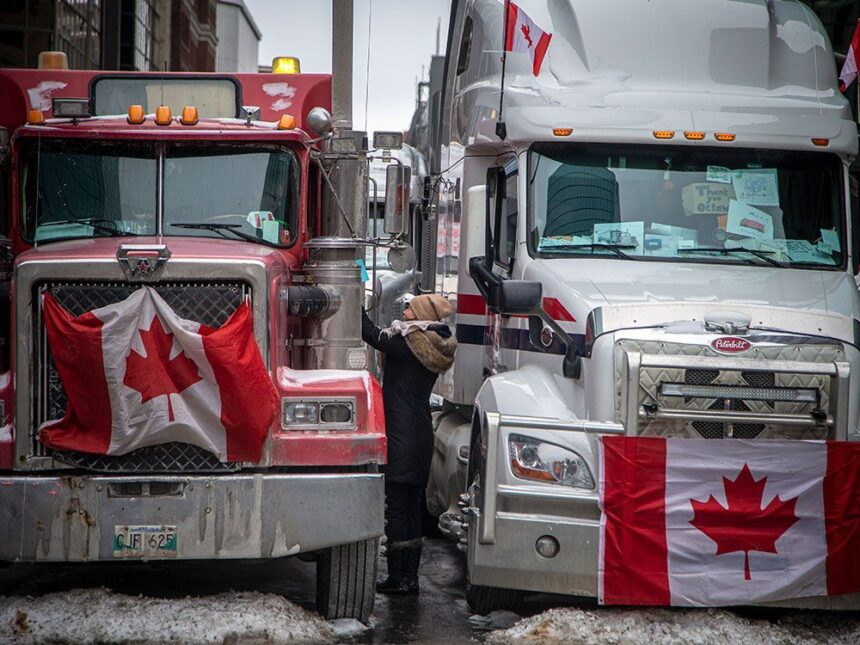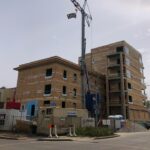Ottawa’s long-debated noise bylaw is facing potential changes that could reshape how the city manages sound from special events, while maintaining strict regulations for protests and demonstrations. As someone who’s covered City Hall for over a decade, I’ve watched this conversation evolve through multiple councils and countless community complaints.
The proposed amendments, recently revealed in a staff report to the Emergency Preparedness and Protective Services Committee, suggest loosening restrictions for permitted special events while keeping firmer controls on protests – a distinction that’s already raising eyebrows across the city.
“These changes acknowledge the community-building nature of planned events while maintaining necessary protections against disruptive noise,” explained Councillor Riley Brockington during yesterday’s committee meeting, where I observed passionate discussion from both supporters and critics.
Under the proposed revisions, special events with proper permits would enjoy extended hours and potentially higher decibel limits. The report recommends allowing events to run until 11 p.m. Sunday through Thursday and midnight on Fridays and Saturdays, an hour later than currently permitted.
Roger Chapman, director of Bylaw and Regulatory Services, stressed that this flexibility comes with responsibility. “Event organizers will still need to submit detailed sound management plans and respect reasonable limits,” Chapman told me when I spoke with him after the meeting.
The distinction between planned events and protests has become the most contentious aspect of the proposal. While festivals, concerts, and other sanctioned gatherings would gain more leeway, protests would remain under tighter sound restrictions.
“There’s a fundamental difference between a weekend music festival and ongoing demonstrations that can disrupt neighborhoods for days or weeks,” noted Councillor Cathy Curry, referencing the impacts of the 2022 “Freedom Convoy” protests that paralyzed downtown Ottawa for nearly a month.
Those protests, which involved constant horn-honking and amplified sound, prompted a successful class-action lawsuit from residents and businesses. The court injunction against excessive noise became a turning point in how the city approaches sound regulation during demonstrations.
Sam Hersh from Horizon Ottawa, a progressive advocacy group, expressed concern about the disparate treatment. “The right to protest shouldn’t be subject to different standards than other gatherings,” Hersh said during the public comment period. “Noise is a fundamental tool of democratic expression.”
The bylaw changes also propose streamlining the exemption process for cultural and religious celebrations. Currently, events like Diwali must apply for special permission to exceed noise limits. The new rules would create categorical exemptions for recognized cultural festivities.
Resident Sarah Goldman from the Glebe Community Association offered a measured perspective. “We want vibrant community events, but also need to protect our right to peaceful enjoyment of our homes,” she explained. “The balance is delicate.”
Having covered noise complaints from the ByWard Market to suburban sports fields, I’ve seen firsthand how sound issues can divide communities. Just last summer, a three-day electronic music festival near Mooney’s Bay generated over 200 complaints from residents as far as two kilometers away.
Environmental health experts caution that noise isn’t merely an annoyance issue. Dr. Melissa Kane from the University of Ottawa’s Environmental Health Institute noted, “Prolonged exposure to excessive noise is linked to sleep disruption, increased stress, and even cardiovascular effects.”
City staff report that noise complaints have increased 27% since 2019, with amplified sound from both events and protests representing the fastest-growing category.
The proposed changes, if approved by committee, would move to full Council for final approval next month. Implementation would follow in summer 2024, just in time for festival season.
For many residents I’ve spoken with, the debate reflects broader questions about urban living. As Ottawa continues growing, the competing needs for vibrant public spaces and peaceful residential areas will require thoughtful compromise.
Walking away from City Hall yesterday, I couldn’t help but notice the irony of discussing noise regulations in one of the







